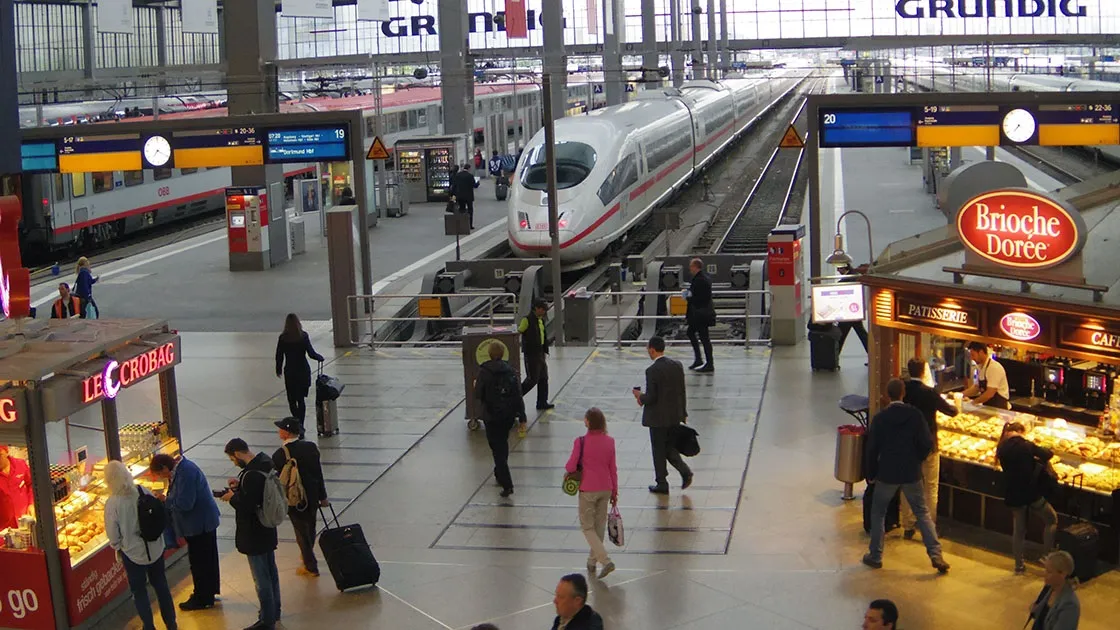
Tennessee-based
The system uses a single camera with an ultra-wide angle lens to track all movement in its field of view, which allows for real-time management of intersections, including detecting cars, trucks, bicycles and pedestrians while recording turning movements, vehicle counts, and vehicle lengths. The system can even detect pedestrians or cyclists moving through crosswalks.
According to Gridsmart, the system makes intelligent decisions based on understanding how the different objects in the intersection are actually moving. If the system detects a pedestrian or cyclist moving in a crosswalk, for example, a signal can be sent to extend the pedestrian walk time or notify turning traffic to mitigate accidents.









